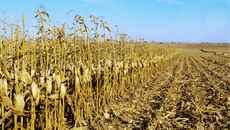
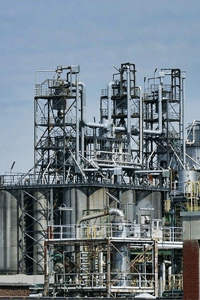
The impact of the current diesel supply shortages on agriculture has headlined over the past month, leaving many producers with more questions than answers.
Refineries globally were forced into emergency shut down at the end of March 2020 due to a sudden drop in demand as a result of the Covid-19 lockdown. Storage facilities were full, with this situation echoing in most of South Africa’s oil refiners at the time. By end-April, a huge over-supply of all products resulted in vessels not being able to discharge owing to insufficient ullage.
However, this situation transformed overnight with a high increase in demand following the announcement of Level 4 early May 2020, coupled with Sasol’s announcement of its inability to supply other oil companies with their requirements around mid-May.
With most of the supply currently deriving from Durban, massive logistical challenges are being experienced. Fuel availability are being hampered by backlogs and congestions, even as suppliers utilised more road transport in a bid to avert a crisis. As a result, the Transnet fuel pipeline is at this time of utmost importance to supply the inland-regions with sufficient diesel, and agriculture as a whole cannot afford for this lifeline to interrupt supply at any cost, especially due to recent acts of vandalism or theft. Since the lockdown, more than 30 incidents of vandalism or theft has taken place on the pipeline, which hampered supplies to the inland.
Agriculture, as an extensive consumer of petroleum products are facing continuous shortages. Grain- and oilseed producers in the summer grain regions are now busy harvesting and are running very low on diesel, with some already having ran out of supplies. Grain SA have been, and will remain in continuous discussions with the South African Petroleum Industry Association (SAPIA), their members, diesel wholesalers and Transnet regarding the urgency of this matter. Grain SA is assisting with prioritising supply – especially to the white maize crop areas as the biggest contributor to domestic food security and further requested the prioritisation of wholesalers providing diesel to the agricultural value chain.
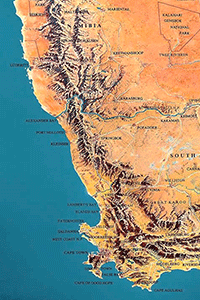
In the summer grains areas, the harvesting of sunflower is largely concluded and should be completed within the next week. Maize however, is still generally wet and producers are waiting for the maize to dry before harvesting can commence full steam. In the winter grain areas, crops in the Western Cape generally appear well and average yields can be expected provided that follow-up rains occur continuously.
View the full agricultural production conditions as of 23 January 2020 here
Click on the image above for a complete update
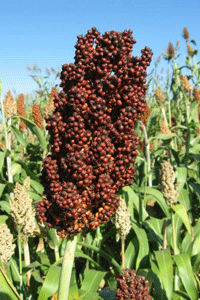
The Sorghum futures contract has never been able to trade well on the JSE and the liquidity of the contract remains low, hampering the utilisation of the contract. Due to the contract’s low trading, it started to create confusion in the market over the actual Sorghum price in the physical market.
Grain SA's sorghum working group made a request to the JSE in the previous production season, to reduce the contract size from 100 tons to 30 tons, but nevertheless, the trading of the contract did not increase.
|
Year |
Number of |
Volume Contracts |
% of total contracts |
|
2018 |
39 |
507 |
28% |
|
2019 |
9 |
147 |
23% |
|
2020 |
7 |
291 |
41% |
At the 2020 Congress, the Sorghum Working Group requested that the JSE be asked not to list the contract anymore due the challenges in terms of price formation. The JSE released a market notice with feedback to Grain SA that an overwhelming part of the market is still requesting the contract.
Grain SA therefore warns producers that the contract is not trading well and that liquidity is significantly low. As a result, it will not be effective to use the contract as a pricing or hedging mechanism since the contract does not reflect the physical market price. Grain SA publishes daily Import and Export parity price information together with a derived price delivered to Potchefstroom. The information can be used regarding price indications.
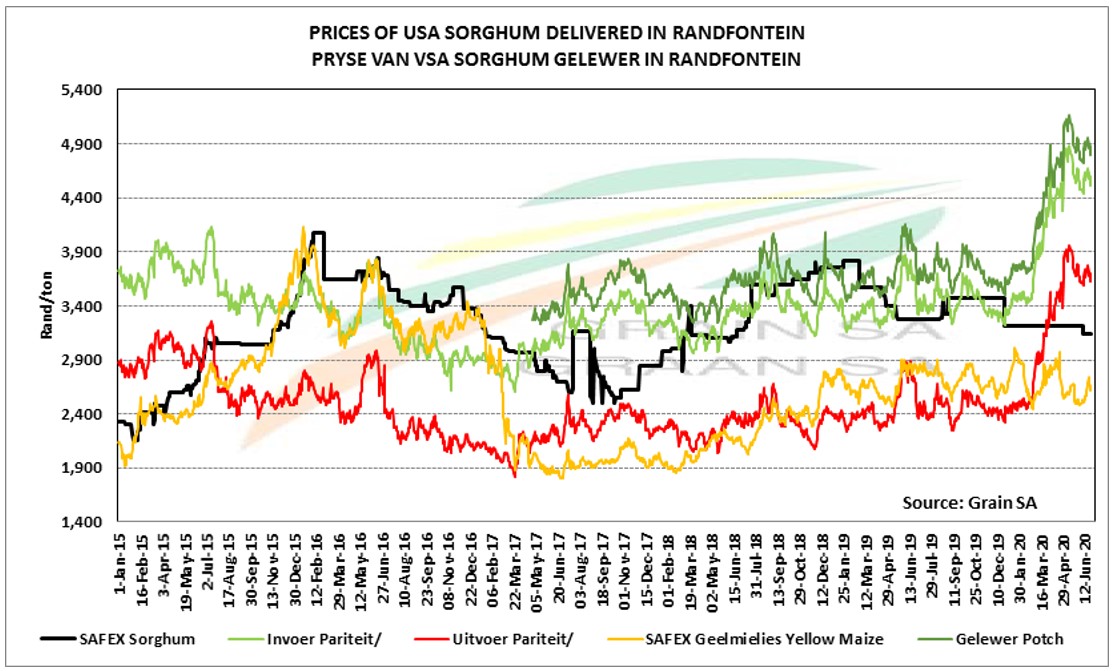
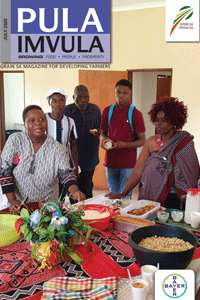
The latest issues of the 2020 July edition of Pula Imvula, Grain SA's magazine for emerging farmers, has just been loaded on the website. Be sure to read any of the editions for the latest news and articles. Simply click on one of the links below.
| Pula Imvula English | Pula Imvula Sesotho | Pula Imvula Tswana | Pula Imvula Xhosa | Pula Imvula Zulu |
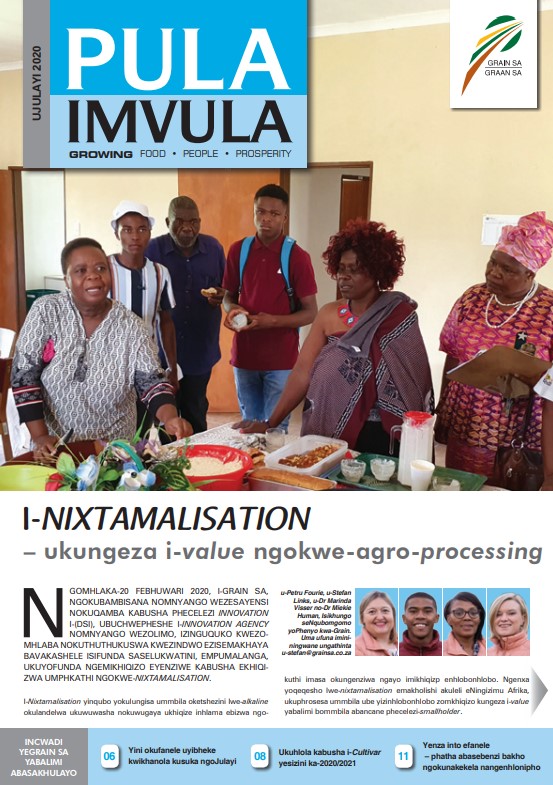 |
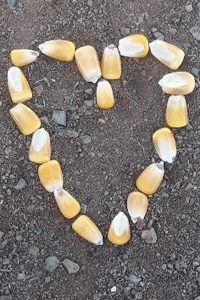
Appreciation for Bayer and Grain SA’s maize donations poured in this week, as they partnered to contribute to the Sutherland farming community, which after eight years of drought is in a state of despondency.
Sixty tons of maize grain was donated by Bayer for feed in Sutherland, Northern Cape. Save the Sheep organised the transport from Brits to Sutherland. To add to the effort Senwes and OVK also came on board partnering with the Grain SA/Bayer project.
The Grain SA/Bayer project offers producers the chance to support any of the drought relief projects from Senwes, OVK, TWK, NWK or any other Agri-business as well as the Grain SA Drought Relief project, to qualify for the Bayer seed giveaway. Farmers will receive one bag of seed (cultivar of their choice) for each 2 tonnages of white/yellow maize grain being donated, cumulating into Bayer’s contributing 2,250 bags of seed to the value of R8.1million to producers.
“Thank you so much, Bayer and Grain SA for the very welcome donation of 60 tons of maize to the Sutherland farming community. Sutherland is well known for extreme weather conditions; our winters are especially cold. Currently we are desperately trying to maintain only core flocks of sheep in our area, our sheep are adapted to our harsh climate and we cannot afford to lose our gene pool for the next generation of farmers. You are helping us maintain our flocks, and this means the difference between survival and demise”, Jan and Sybil Visagie from Rooipoort said on behalf of Sutherland Team 2.
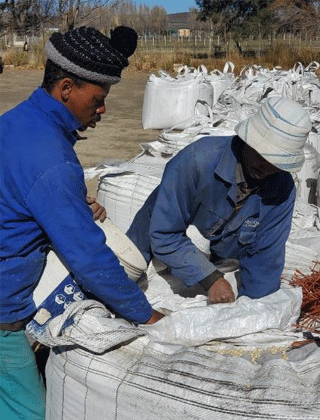 |
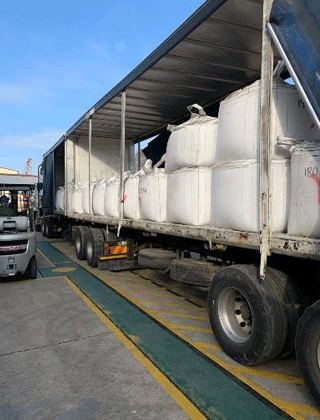 |
|
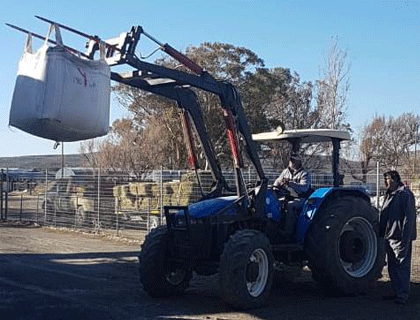 |
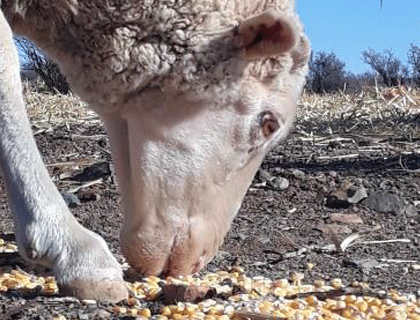 |